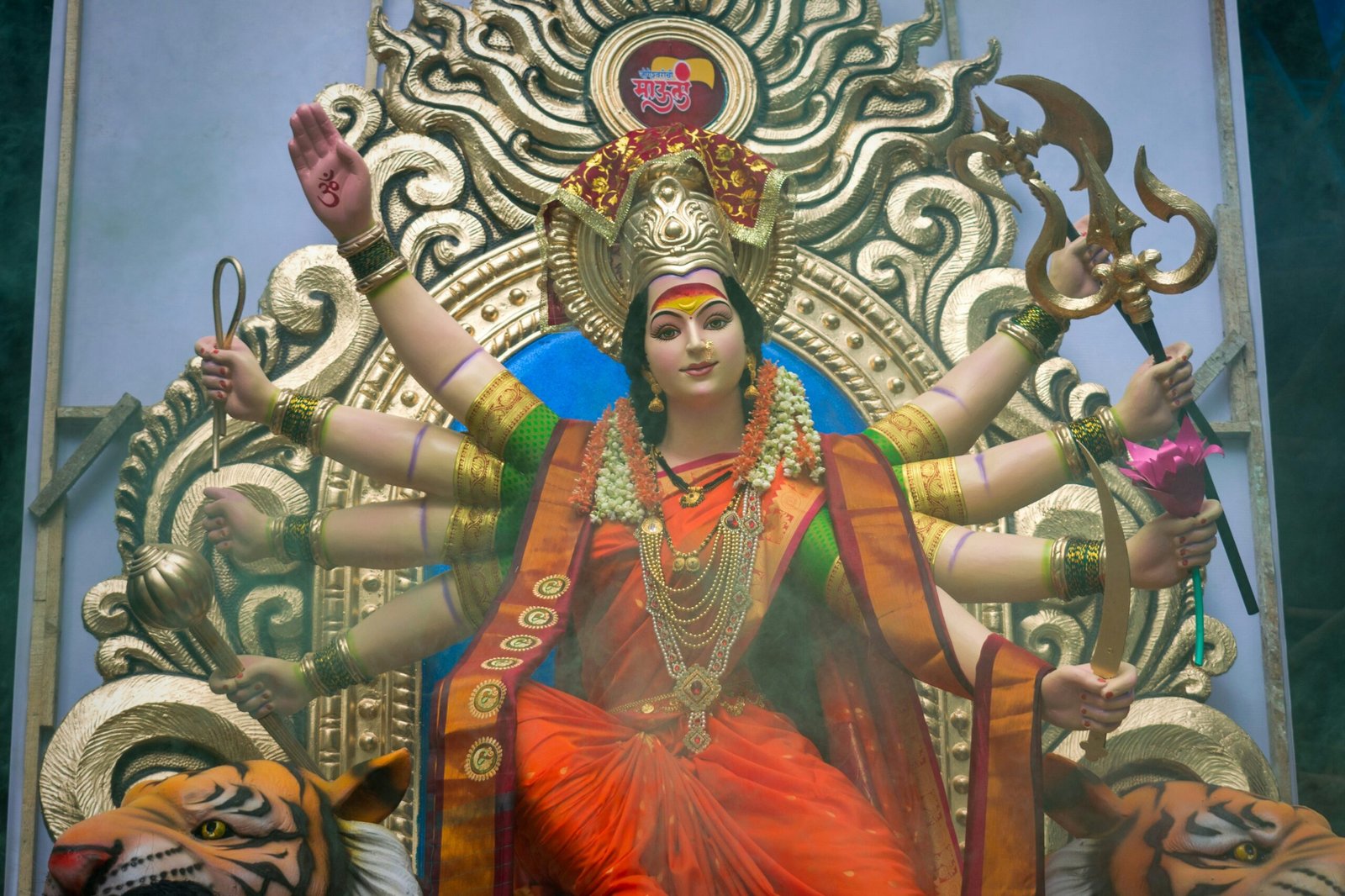Introduction to Indian Culture
Indian culture is a vibrant and diverse tapestry woven from centuries of history, traditions, religions, and languages. It offers a unique blend of ancient practices and modern influences, making it one of the world’s oldest and most fascinating cultures.
Key Elements of Indian Culture
The essence of Indian culture lies in its festivals, art forms, and cuisine. Celebrations like Diwali, Eid, and Christmas showcase a harmonious blend of different religions coexisting. Each festival comes with its own set of rituals and traditions, deeply rooted in the historical narratives that shape societal values.
Indian art and craftsmanship also reflect the richness of its culture, with classical music, dance forms like Bharatanatyam, and intricate pottery and textiles that hold stories of their own. Cuisine is another significant aspect, featuring diverse regional flavors and cooking methods that vary across states.
The Influence of Language and Philosophy
Language plays a crucial role in expressing the cultural identity of India. With hundreds of languages and dialects spoken across the country, each language carries its own literature and folklore that contributes to the overarching culture. Additionally, the philosophical texts from ancient India, such as the Vedas and Upanishads, provide insights into the spiritual traditions that have shaped thought processes and societal norms.
In conclusion, Indian culture is a reflection of its historical journey and a testament to the resilience and adaptability of its people. Understanding this multifaceted culture can lead to deeper connections and appreciation for the world’s largest democracy.
